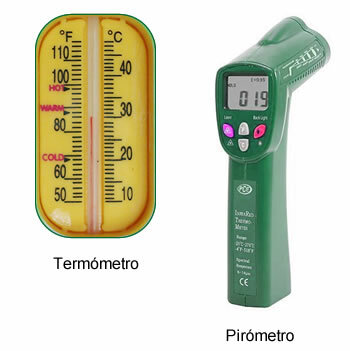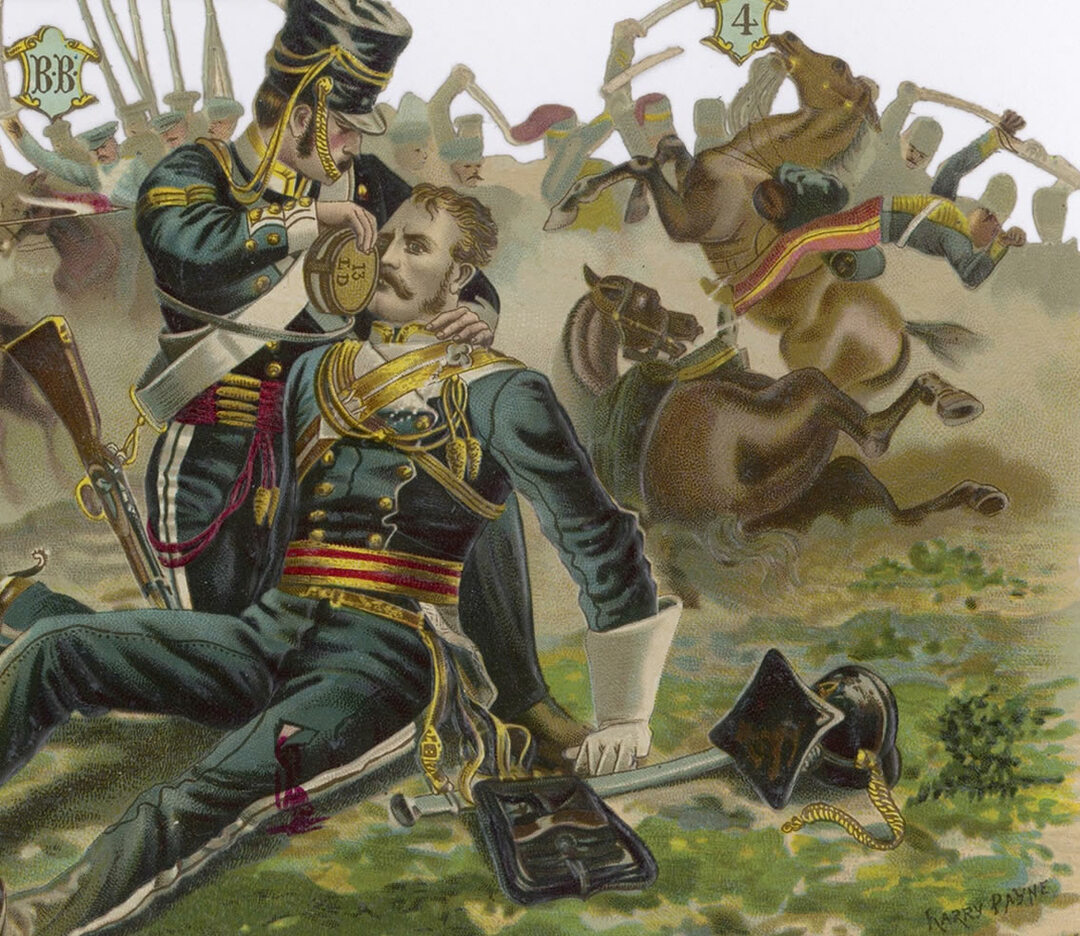Binary Predicate Example
Logic / / July 04, 2021
On logic, the sentences are grammatically composed of a subject, which is the one who is talking about, and a predicate in which something is affirmed about the subject. For its study in mathematical logic, the predicate is the statement that is made in a statement and is classified according to the statement that affects one, two or more subjects.
When a predicate states a characteristic or action of the subject, it is called a predicate unitary, monary or unary, since the statement only involves a single subject (person, animal, thing or idea) and its attribute:
Juan is smart
Alice looks like a model
Roberto eats.
Jose works
At the grammatical level, unary predicates are attributive sentences, in which something is affirmed about the subject (first two sentences from above); as well as reflective sentences, that is, those in which the action carried out falls on the subject (the third and fourth sentences).
The binary sentences are those in which there are two subjectss, which are related through the action of the verb. This relationship can be of several types, and
their common characteristic is that the two subjects are subject to an order of relationship, which can be expressed grammatically in various ways.As a composite subject: When there is a compound subject and the action of the verb is reciprocal between the subjects, for example:
Carlos and Alicia love each other.
Roberto and José meet.
As direct object: Refers to the action exerted by the subject on another subject or object:
Carlos loves Alicia.
Roberto meets José.
As comparatives: When we compare or establish the equality of an attribute or characteristic of the subject, with that of another subject:
Carlos is taller than Alicia.
Roberto is as good a worker as José.
Indicating a circumstantial or hierarchical relationship. That is, when we express that the action of subject a is performed by subject b, indicating a hierarchical relationship:
Yes Carlos will consult Alicia.
Roberto will do what Carlos orders.
However, not all statements that have two subjects before the verb have a binary predicate. When the verb is copulative, intransitive or transitive that works as intransitive, they fulfill an attributive function, so we are facing a unitary predicate:
Juan and Alicia run.
Roberto and José are tall.
In these cases, to distinguish if the predicate is unitary or binary, is to think if the action is reciprocal (binary) or that being common, each one does it by itself (unary):
Juan and Alicia love each other (Juan loves Alicia, and Alicia loves Juan, they love each other; is a binary predicate)
Juan and Alicia run (Juan runs and Alicia runs, each one by his side; is a unitary predicate)
Its use in logic. Using binary predicates in form logic allows you to compare the qualities or attributes of three or more people through a series of comparisons. These can be between individuals, from universals to individuals (deduction), or from individuals to universals (induction):
Individuals:
Premise 1 (binary predicate): Juan is related to Ana
Premise 2 (binary predicate): Ana is related to Romina
Conclution: Juan is a relative of Romina
From universal to particular:
Premise 1 (binary predicate): Felines belong to the group of carnivores
Premise 2 (binary predicate): Cats belong to the group of felines
Premise 3 (unit predicate): Manchitas is a cat
Conclution: Manchitas is a carnivore
From individuals to universal:
Premise 1 (unit predicate): my dog eats meat.
Premise 2 (unit predicate): My neighbor's dog eats meat.
Premise 3 (binary predicate): Animals that eat meat form the group of carnivores.
Conclution: (Binary predicate): Dogs belong to the group of carnivores.
10 examples of binary predicate:
1.
Mariana is taller than Carmen.
Marisol is taller than Mariana.
Marisol is taller than Carmen.
2.
The movie was of an interesting subject.
Roberto saw the movie.
Roberto saw an interesting topic.
3.
Juan follows Pedro's orders.
Esteban follows Juan's orders.
Esteban follows Pedro's orders.
4.
Meat contains protein.
Josefina eats meat.
Josefina eats protein.
5.
Writing is part of a language.
Daniela learns writing.
Daniela learns to write.
6.
Logic is part of philosophy.
Philosophy is considered an art.
Gabriel studies logic.
Gabriel studies philosophy.
Gabriel studies an art.
7.
The razor uses electricity.
Electricity is a form of energy.
The razor uses energy.
8.
Birds are flying animals.
Bats fly.
Bats are birds.
9.
Statements are predicates.
Some predicates can be true.
Some predicates can be false.
Some statements may be true.
Some claims may be false.
10.
The sun gives off heat.
Heat increases the temperature.
The sun increases the temperature.



